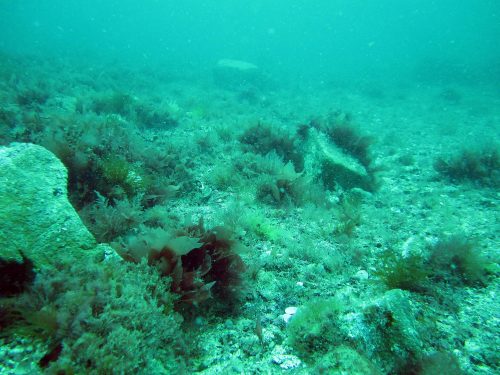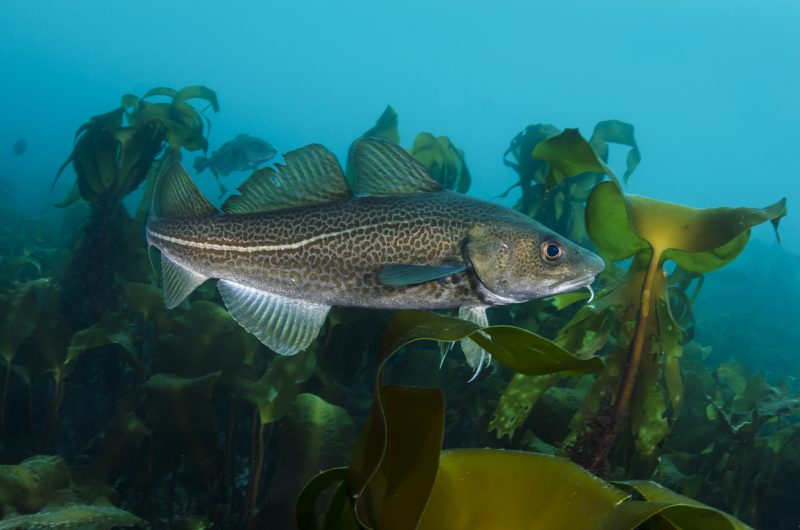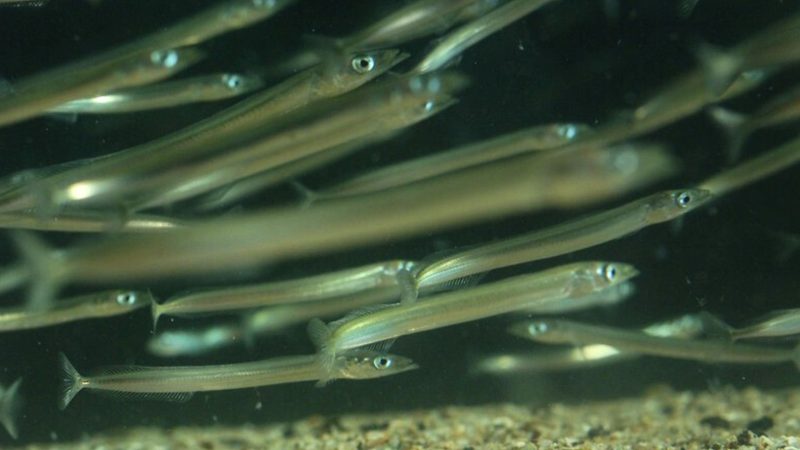As of yesterday, Jersey’s most significant offshore reefs, Les Écréhous and Les Minquiers, will be closed to mobile fishing gear, following a recent unanimous decision by The States of Jersey.

Of Jersey’s many offshore reefs, Les Écréhous and Les Minquiers are widely regarded as the most important. These reefs are internationally recognised for their importance to wildlife, as well as being central within local tourism and fishing industries.
Occupying an area four times the size of Jersey itself, the reefs were designated in 2004 as wetlands of international importance under the Ramsar Convention, in recognition of the fragility, importance and abundance of their wildlife. While this recognition was a crucial statement, the designation did not offer the sites any formal protection.
For this reason, this week’s protected area designation offers a huge boost as dredging and trawling equipment will now be banned in shallow marine areas within the reef. The ban will safeguard the areas’ sensitive habitats, such as seagrass and maerl beds which can take decades or even centuries to recover from damage, from the disturbance associated with mobile fishing gear.
Other methods of fishing, including with lobster pots and angling, are unaffected by the ban, as are leisure activities such as scuba diving. The case in favour of banning mobile gear was put forward by the Environmental Department and Jersey Fishermen’s Association with the full support of the Minister of the Environment. However, it took five years for agreement to be reached with French fishermen. Consensus was reached in February 2017 and the final boundaries confirmed in July of this year.
The designation of protected areas around Écréhous and Minquiers reefs will have significant conservation benefits. Progress towards protection started with a survey beginning in 2010, conducted by the Société Jersiaise, Jersey Seasearch and the government. This survey revealed a fantastic array of marine life on the Écréhous and Minquiers reefs, providing a strong impetus for the designation of these sites as protected areas.
The survey recorded more than 60 different seabed habitats and 750 species, including nationally rare animals, such as the Sunset cup-coral and Pink sea fan, as well as several species not previously thought to exist in Jersey’s waters and, above the reefs, significant populations of bottle-nose dolphins and grey seals. Detailed studies of the reef habitats revealed the presence of up to 120 different species per square metre, including larval and juvenile stages of a range of commercially fished species.
In addition to the clear marine conservation benefits, there will also be economic benefits to fishermen. As the use of mobile fishing gear is historically low on these reefs, the ban on dredging and trawling will have minimum economic impact on local fishermen, and indeed seems likely to be of economic benefit to them.

Several scientists throughout the past century have suggested that Jersey’s offshore reefs are important nursery grounds for fish and shellfish species, because of the sheltered breeding conditions they provided. This was a strong argument in favour of designation of the reefs as research from Dorset and the Isle of Man, among other places, indicates that protecting nursery grounds benefits the fishing industry by ensuring the supply of future generations across a large geographical area.
As such, the designation of the Écréhous and Minquiers reefs as protected areas is hugely promising for both environmental and socio-economic reasons, and could provide an encouraging example of a win-win solution for conservation and the fishing industry.
The Minister of the Environment mentioned the Blue Marine Foundation (BLUE) specifically in the speech in which he outlined the new protected status of the Minquiers and Écréhous reefs, noting that we welcome the introduction of the new restrictions as a means of protecting the reefs’ currently good ecologically health against recent trends towards increased trawling and dredging.
BLUE’s Executive Director Charles Clover adds that if regional fishing industries are to be sustainable in the longer term then the conservation of nursery areas such as the Minquiers and Écréhous is essential. The chairman of the Société Jersiaise’s Marine Biology Section, Gareth Jeffreys, agreed, noting the importance of the move to protect these reefs as it shows what can be achieved when citizen science, fishermen and government all work together.


















